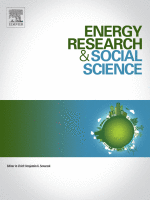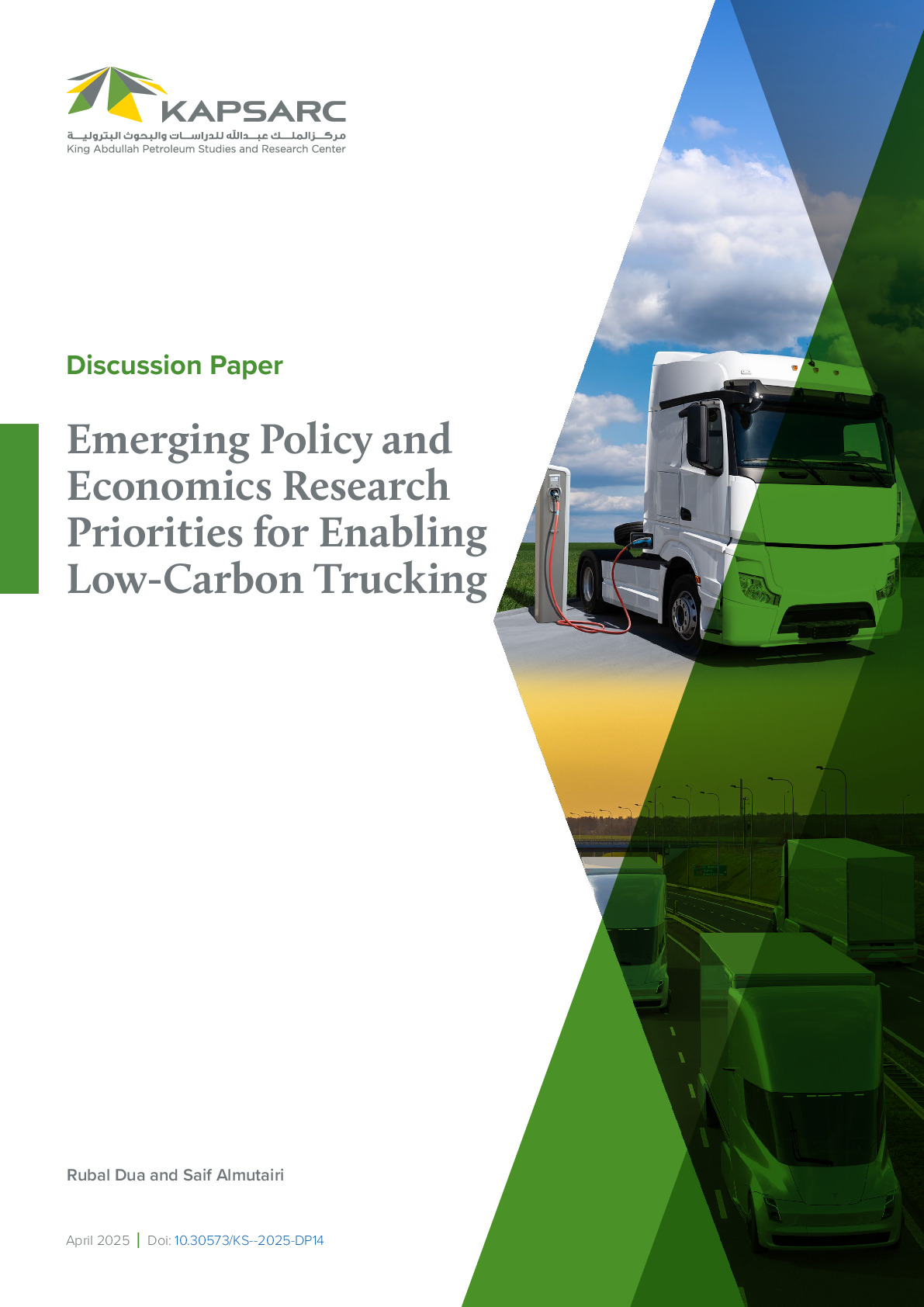Trucking plays a crucial role in sustaining economic activity worldwide, yet its current path of carbon emissions is out of sync with the net-zero goals set by governments globally. As a result, identifying key energy economic and policy research priorities for low-carbon trucking has become increasingly important. We tackle this need with a four-part approach: (i) identifying pressing issues highlighted in the news media; (ii) formulating economic and policy research challenges that address these contemporary concerns; (iii) cross-referencing these research challenges with academic literature to confirm their relevance, and refining them as needed; and (iv) prioritizing the identified research challenges through consultations with a diverse group of transport experts. Our findings reveal seven key themes, each with its own set of research challenges. Among these, the research challenges prioritized by experts include: (i) high-power charging versus battery swapping for battery electric trucks, focusing on market preferences, standardization (chargers vs. batteries), national strategies, and business models; (ii) optimal allocation of government subsidies between deployment of zero tailpipe emission trucks, including battery electric and hydrogen fuel cell electric trucks, versus refueling/recharging infrastructure deployment; and (iii) a comparative cost-benefit analysis of the EU’s tailpipe versus lifecycle carbon emissions regulations for new trucks.




